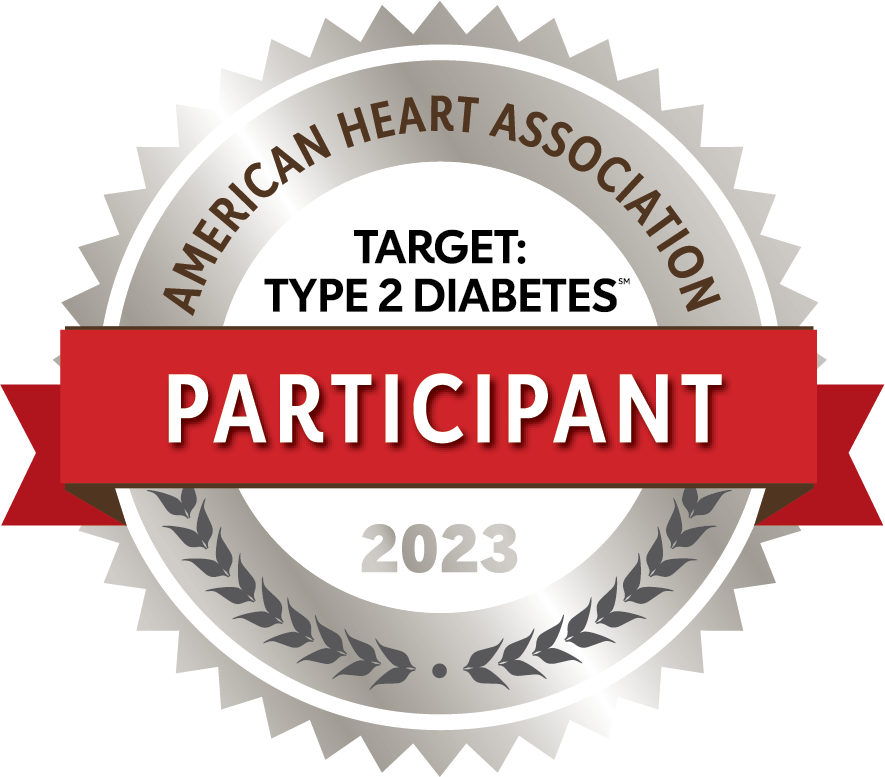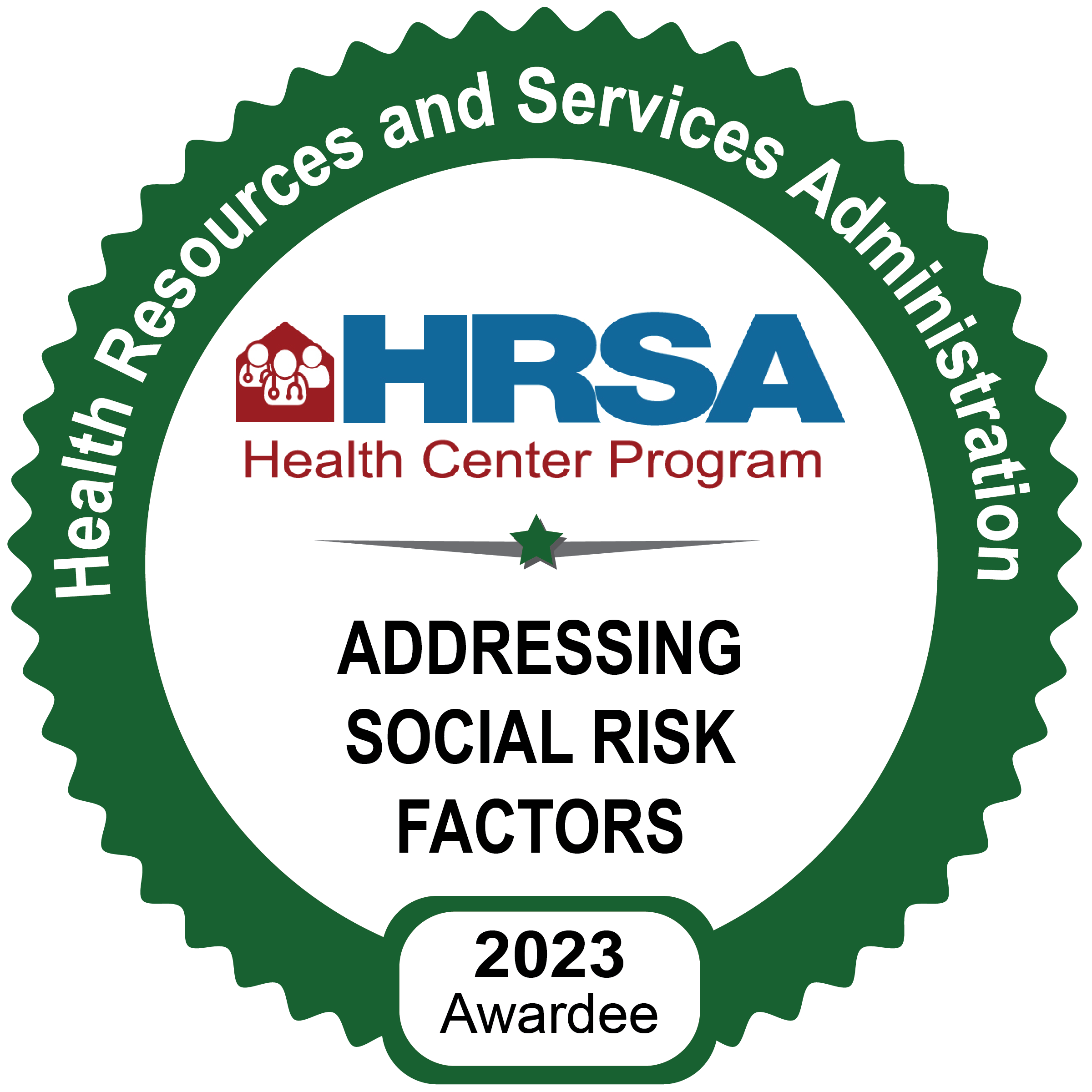By: Randy Tenney, RDH
Periodontal disease in some form, affects over 60% of the United States population and can increase to over 80% of people 65 and older. This is a disease that affects people more than any other disease known to mankind, including cancer. Periodontal disease is an accumulation of variable bacteria that affects the gums, ligaments that hold the teeth in the bone as well as the bone structure of the teeth.
It causes an infection within these structures that create a toxic environment to the body. This disease is non-reversible and thus, leads to an increase of tooth loss and oral disability.
There are ongoing studies and research concerning the effects of periodontal disease and overall health. This disease has a direct link to heart disease, liver disease, lung disease, low birth weight babies and diabetes among others. It is known that 95% of people who suffer from diabetes (type 1 or 2) have some form of periodontal disease. In fact, periodontal disease has been known to link so closely to diabetes, that it can be difficult to control.
Periodontal disease has many signs and symptoms that accumulate over time and if not treated, can be painful. Some signs include bad breath, bad taste, redness, swelling and bleeding of the gums, loose teeth, sensitivity, gums that have pulled away from the teeth and changes in your bite. It is recommended that you seek out a Dentist or Dental Hygienist to diagnose and treat periodontal disease.
Enfermedad Periodontal ( EL asesino silencioso)
La enfermedad periodontal en cualquier forma, afecta a más de 60% de la población de los Estados Unidos y puede incrementar a más de 80% de la gente de la edad de 65 y mayor. Esta es una enfermedad que afecta a más gente que cualquiera otra enfermedad conocida por la humanidad, inclusivo el cáncer. La enfermedad periodontal es una acumulación de varias bacterias cuales afectan la encía, los ligamentos que sujetan los dientes a la estructura ósea de los dientes. Esta enfermedad causa una infección dentro estas estructuras que crea un ambiente tóxico para el cuerpo. Esta enfermedad es irreversible y por lo tanto, conduce a un aumento de la pérdida de diente y la discapacidad oral.
Hay estudios en curso e investigación sobre los efectos de la enfermedad periodontal y la salud en general. Esta enfermedad tiene un enlace directo a la enfermedad cardiaca, enfermedad del higado, y niños de bajo peso al nacer y diabetes, entre otras enfermedades. Se sabe que 95% de la gente que sufre de diabetes (typo 1 o 2) tiene alguna forma de enfermedad periodontal. De hecho, la enfermedad periodontal se ha sabido para vincular tan estrechamente a diabetes, que es difícil controlar.
La enfermedad periodontal tiene muchos signos y síntomas que se acumulan con el tiempo, y si no es tratada, puede ser dolorosa. Algunos signos incluyen el mal aliento, mal gusto, enrojecimiento, hinchazón y sangrado de las encías, dientes flojos, sensibilidad, encías que se han retirado lejos de los dientes y cambios en la mordida. Se recomienda que Usted busque un dentista o hygienista dental para diagnosticar y tartar la enfermedad periodontal.










